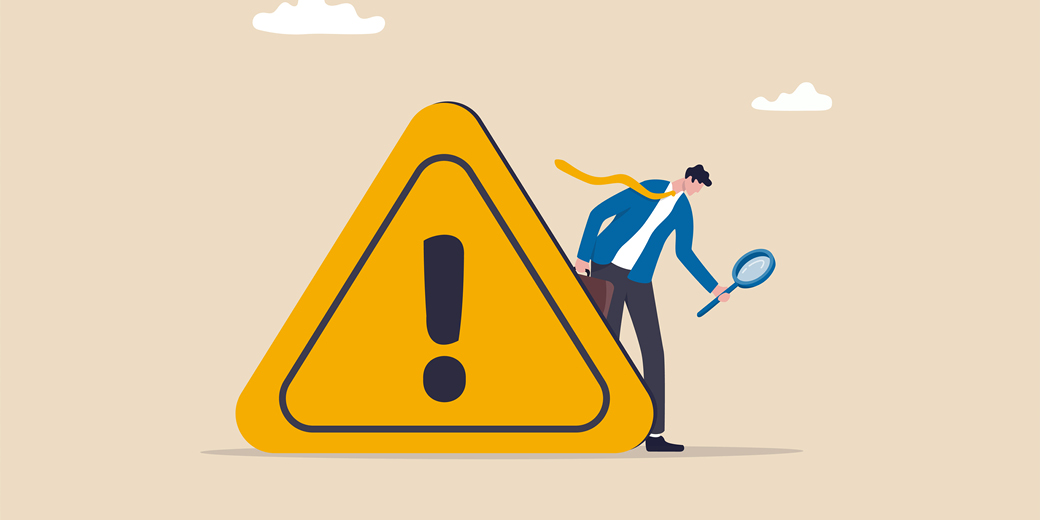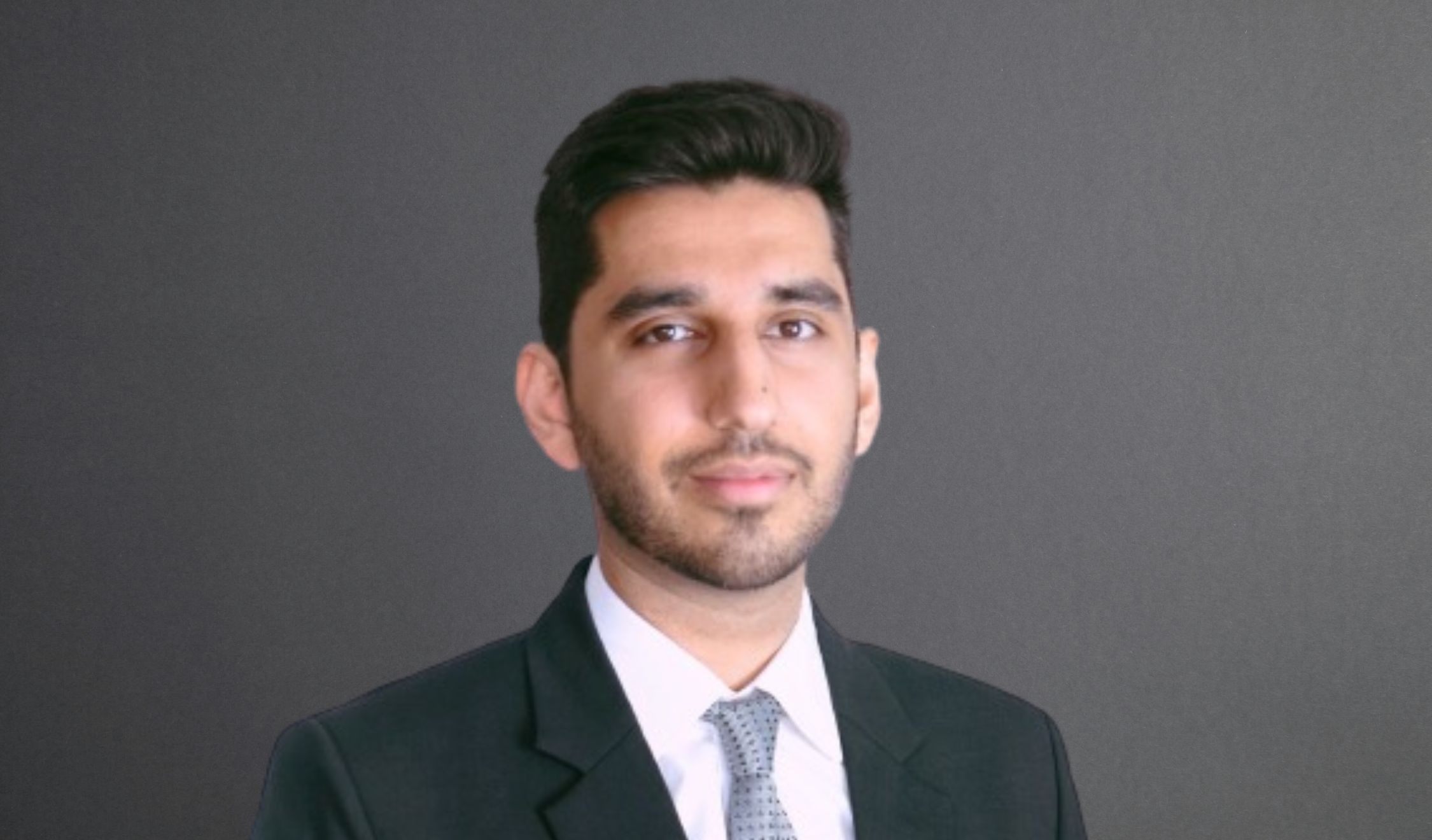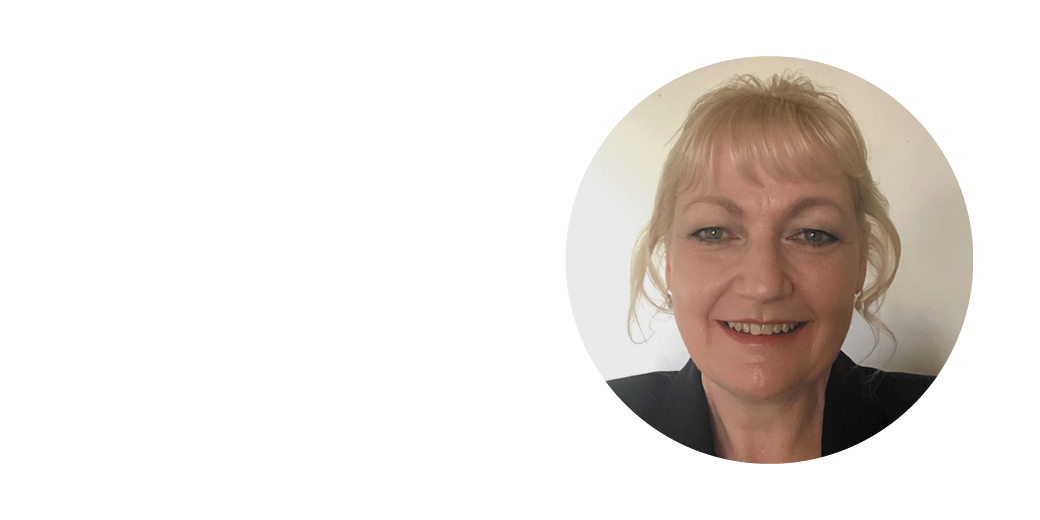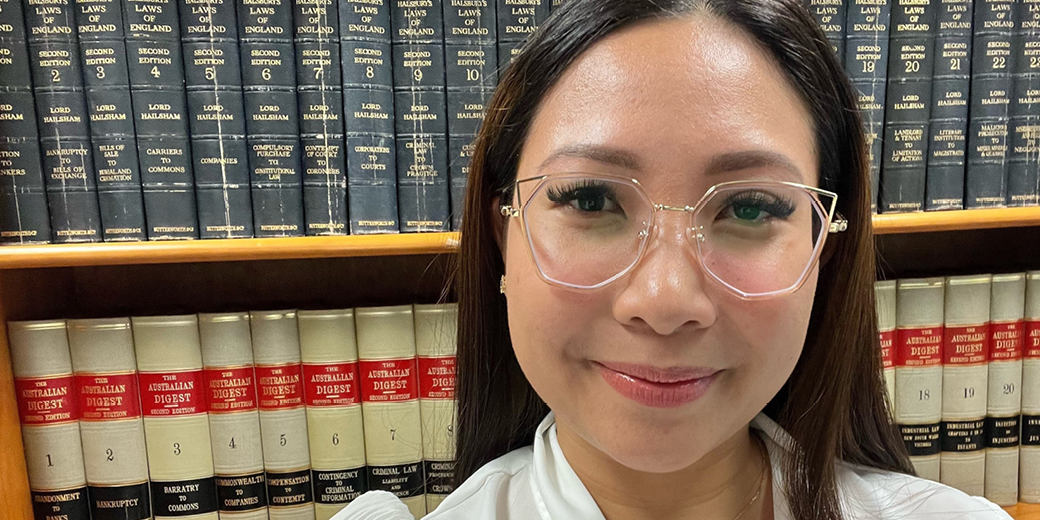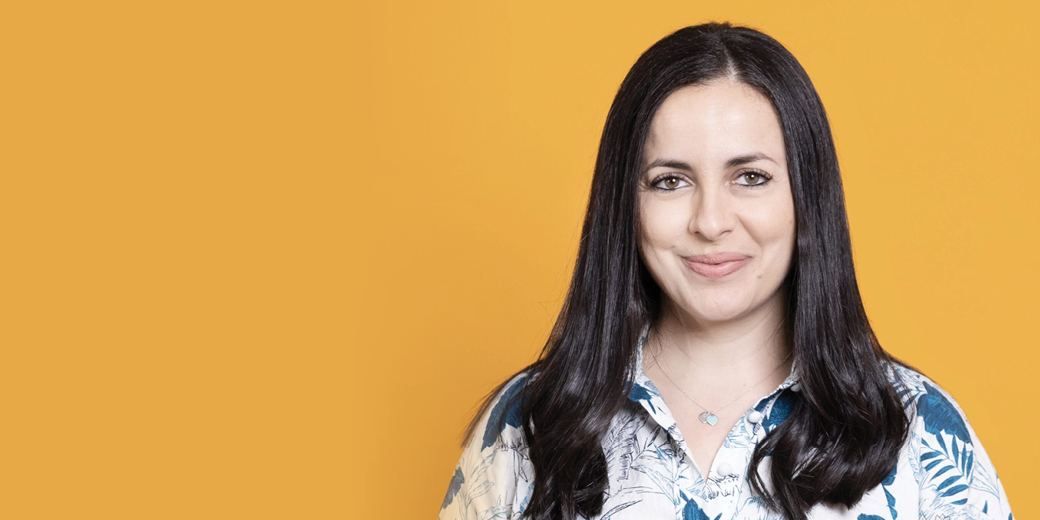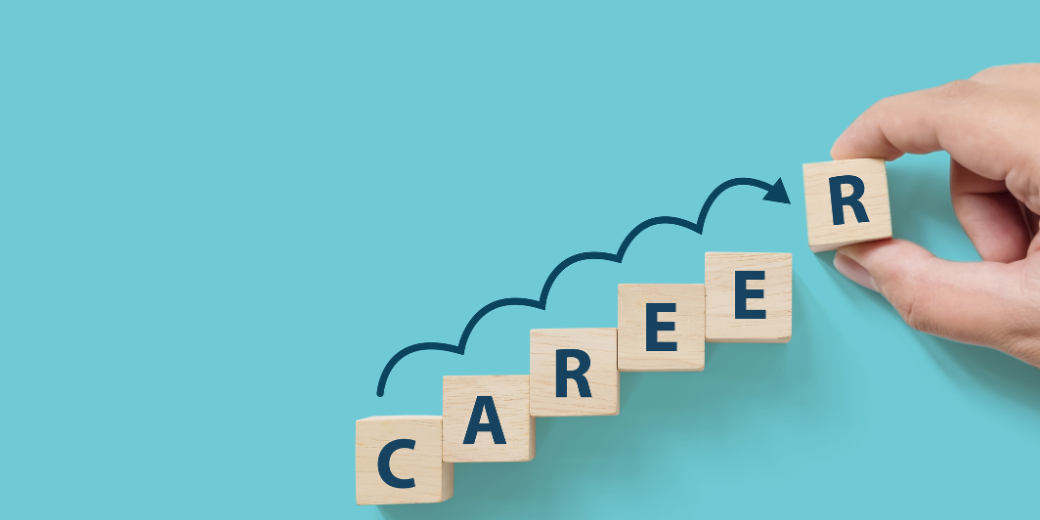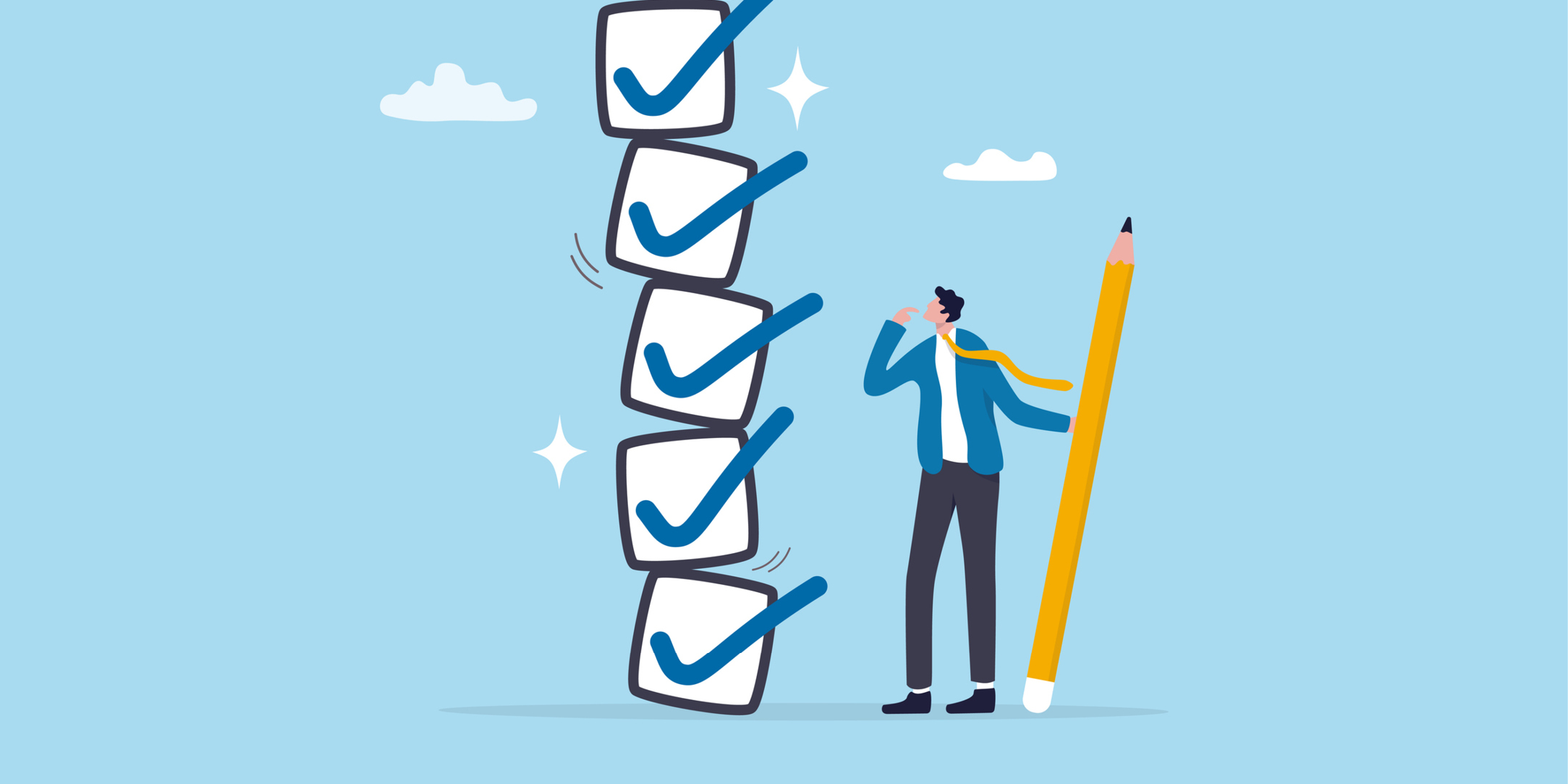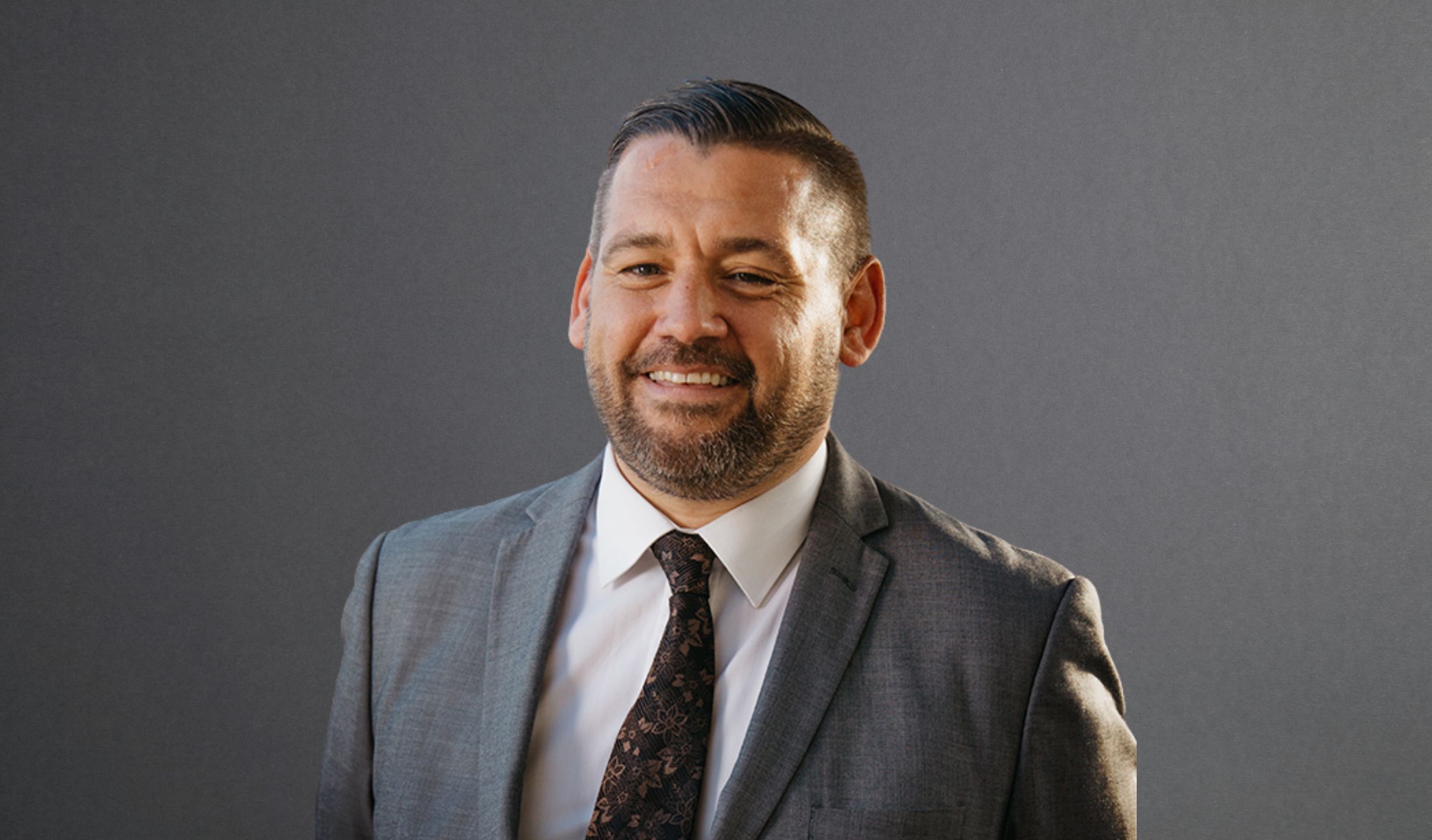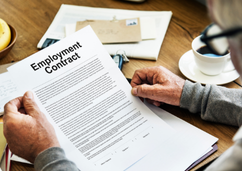As a lawyer, finding time to recharge can be challenging. By its very nature legal work can be stressful, fast-paced and demanding - so much of the work is about resolving conflict in an emotionally charged environment…
As we approach the end of another busy year, how do we make the most of the December-January break to recharge?
We caught up with Fiona Wong, Partner at Gilton Valeo Lawyers and winner of Lawyers Weekly Migration Partner of the Year 2023 and Lexology Client Choice Award Winner 2024, to learn how she recharges over the break and sets herself and her firm up for success in the new year.
How to truly recharge during the December-January break
Immigration lawyers face a unique challenge during the December-January break, Fiona explains.
“While the legal demands don't pause for the holidays, I've learned that a mental and emotional recharge during this period is crucial for long-term productivity and well-being,” Fiona says. “To balance these competing needs, I've developed several strategies that allow me to truly recharge while ensuring our clients' needs are met.
“Planning in advance is key. Several weeks before the break I collaborate closely with my team to ensure all imminent applications are lodged on time. We also identify and prioritise any urgent matters that might arise during the holiday period and prep ongoing cases for when we reopen.”
Clear communication with clients ahead of the break is also vital. This includes informing clients well in advance about out-of-office days, providing emergency contact information for urgent matters and setting clear expectations about response times during the break.
“This proactive approach helps manage client expectations and reduces stress for both them and us,” Fiona says.
Setting clear personal boundaries is also important.
“Perhaps most importantly, I've learned to set clear personal boundaries during the break. I designate specific, limited times to check and respond to urgent emails, and I make a point of turning off email notifications during personal time. This allows me to be present with family and friends and engage in activities that truly recharge me,” Fiona explains.
“These strategies have evolved over time, and while they require effort to implement, they've proven invaluable in allowing me to return to work after the break feeling genuinely refreshed and ready to tackle the new year.”
Finding your recharge: Reading and running to rest and recover
Everyone recharges differently, and finding what works for you is essential.
“For me, recharging is all about connecting with nature and staying active. I love to sit outdoors and read - it's a perfect way to unwind and be transported to different worlds and perspectives. This mental escape is crucial for my emotional recharge,” Fiona shares.
“Recently, I've taken up running, which has been a game-changer. What I love about it is that it allows me to focus on the present moment – it's almost a form of moving meditation. It gets me outdoors, connecting me with nature and changing my environment. I make a point to leave my phone behind so I can truly disconnect from work and technology, ensuring a mental break from professional demands.”
Fiona’s focus on health and fitness stems from the fact that it is crucial for maintaining her productivity and energy levels.
“This commitment to physical well-being directly supports my professional performance,” Fiona says. “Balancing professional commitments with personal passions is an ongoing process. I've found that the key is to be fully present in whatever I'm doing. Whether I'm knee-deep in work or out for a run, I try to focus entirely on that task. This approach helps me get the most out of both my work and my downtime.”
To maintain this balance Fiona has made these activities a priority in her schedule.
“I treat my reading time and runs/gym sessions with the same importance as work meetings, blocking out time for them in my calendar. When work demands increase, I remain flexible but always ensure I make up for lost personal time later,” Fiona says.
“It's not always perfect, but this approach has helped me stay on top of my game at work without burning out. Plus, I get to continue doing the activities I love, which keeps me motivated and fulfilled.”
Reflecting to recharge and plan for the new year
As the year comes to a close, it can provide a crucial opportunity to reflect on what worked and what could improve in the year to come. Fiona’s year-end planning is quite comprehensive and she believes it's not just about looking forward, but also taking stock of the year that's passed.
“A crucial part of my process is reflecting on the year gone by. I do this by writing down all the things that have worked and those that haven't over the past year. It's easy to get caught up in the day-to-day and forget to celebrate our wins, so I make a point of taking a moment to reflect on these proud moments. This exercise not only boosts morale but also helps identify successful strategies that can be replicated in the future,” Fiona says.
“Equally important is acknowledging what didn't work. Maybe a certain approach to case management wasn't as effective as hoped, or a marketing strategy didn't yield the expected results. By documenting these, I can learn from these experiences and avoid repeating the same mistakes.”
In addition to this reflection, Fiona sets measurable goals for the coming year.
“These concrete targets allow me to track progress objectively and provide a clear sense of achievement when met.”
Fiona has also incorporated SWOT analysis into her year-end process.
“I evaluate my own Strengths, Weaknesses, Opportunities, and Threats, and I've asked my business partner to do the same for me. This external perspective often reveals blind spots in my self-perception, providing invaluable insights for personal and professional growth,” Fiona says.
“The insights from the SWOT analysis and my year-end reflection directly inform my goal setting for the new year. They help me identify areas where I can leverage my strengths, address weaknesses, capitalise on opportunities, and mitigate potential threats to my professional growth.”
Be intentional with your downtime
As one would expect from a lawyer who has won Migration Partner of the Year, and a Client’s Choice Award, Fiona is always looking for ways to grow.
“Even during my downtime, I find opportunities for professional development,” Fiona says. “I love listening to podcasts, and one of my favourites is ‘The Diary of a CEO’. It’s fascinating to hear the experiences of other leaders, how they’ve navigated challenges, and the lessons they’ve learned along the way. Often, I come across insights that I can apply directly to my practice, whether it’s about leadership, communication, or decision-making. It’s a way for me to stay engaged, even when I’m technically ‘off’, and it keeps my mind active and open to new ideas.”
However, looking for growth opportunities still means finding time to switch off.
“My advice for lawyers is to be intentional with your downtime,” Fiona says. “It’s easy to feel the need to stay plugged in, but true rest is essential for long-term success. Make space for activities that genuinely help you unwind, whether that’s spending time with family, exercising, or enjoying hobbies that you don’t typically have time for during the workweek.
“However, if you're like me and enjoy learning, use a portion of your downtime for professional growth in a way that doesn’t feel like work —maybe it’s listening to a podcast, reading a book, or reflecting on your practice. The key is balance: give yourself time to recharge, but also stay curious and engaged in a way that feels natural and enjoyable. When you return, you’ll feel more refreshed, clear-headed, and ready to tackle new challenges.”









